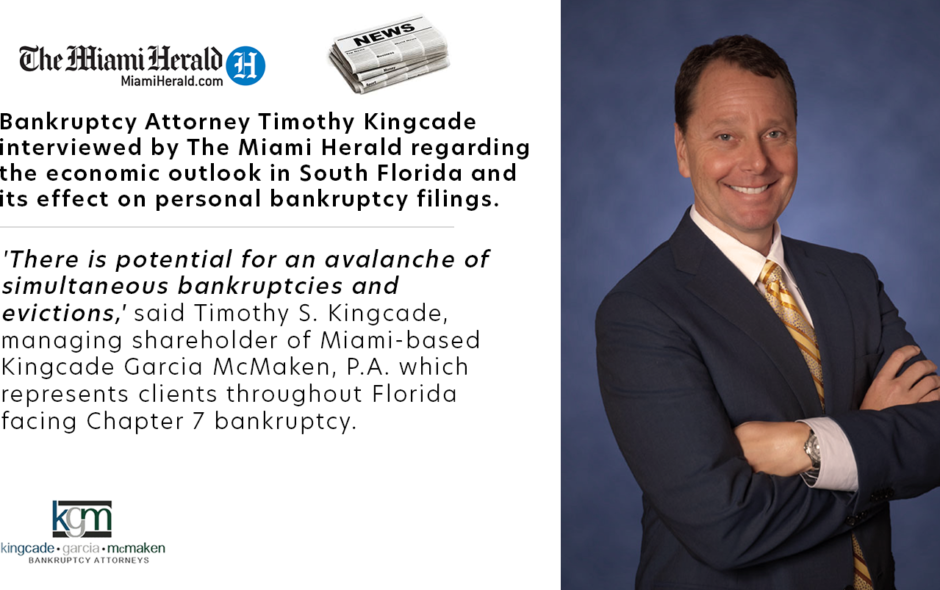Now in its third year, the Hardest Hit Fund in Florida has served only about 15 percent of the 40,000 homeowners who have applied for help. Once this aid runs out, underwater homeowners are left to find adequate employment or continue struggling with mortgages far bigger than the value of their home. Although the Hardest Hit Fund is a federally funded program, each state decides how to use the money. In Florida, state officials have given principal reductions a high priority.
Since unveiling the state’s version of the Hardest Hit Program in 2010, the Florida Housing Finance Corp. has spent $108.8 million in assistance and an additional $25 million on administration and counseling, according to a first-quarter report released last month by the corporation.
Florida’s handling of the federal program has been criticized for focusing on mortgage modifications and interest-rate reductions more than on principal reductions. The country’s five-largest lenders — Bank of America, Wells Fargo, Ally/GMAC, Citi and Chase — agreed to fund the program as part of a settlement related to allegations that they had dealt in illegal mortgage documents. However, according to the Treasury report, only Citi has forgiven the principal of borrowers not in foreclosure.
The Florida program has also managed to serve homeowners who make more than the local median income. Though about 90 percent of the funds have gone to homeowners with annual incomes of $50,000 or less, about two dozen recipients of aid had incomes of at least $90,000 a year, according to the Florida Housing Finance Corp.’s quarterly report.
Click here to read more on how Florida homeowners are still ‘underwater’ as government aid runs out.
Choosing the right attorney can make the difference between whether or not you can keep your home. A well-qualified Miami foreclosure defense attorney will not only help you keep your home, but they will be able to negotiate a loan that has payments you can afford. Miami foreclosure defense attorney Timothy Kingcade has helped many facing foreclosure alleviate their stress by letting them stay in their homes for at least another year, allowing them to re-organize their lives. If you have any questions on the topic of foreclosure please feel free to contact me at (305) 285-9100. You can also find useful consumer information on the website, www.miamibankruptcy.com.

